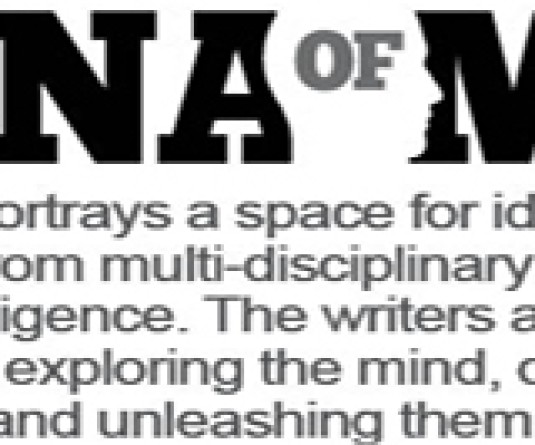
Tokani L
Assistant Professor SJC (A), Jakhama
Social Media is a technology with a lot of wonderful benefits. It allows people to share and connect, get news and information, and meet people who share similar preferences. It has become integral to our daily routines and has opened a new avenue for social experiences. According to recent Global WebIndex research, 60% of the world population uses social media. The average daily usage is 2 hours and 24 minutes. Youtube, Instagram, Snapchat, Tik Tok, Facebook, Twitter, etc have become increasingly popular, especially among youth. The use of social media however, significantly impact mental health. It can enhance connection, increase self esteem, and improve a sense of belonging but it can also lead to tremendous stress, pressure to compare oneself to others and increased sadness and isolation. If someone tends to spend too much time on social media and starts to feel frustrated, lonely, sad, or dissatisfied, then it might be time to decrease screen time and find a healthier way to engage.
Spending too much time on social platforms can create a repeating negative cycle. One may use social media more often when he feel depressed, lonely, stressed, or anxious. One might think (or convince himself) that it’s helping him, making him happy, offering entertainment and letting him feel more connected. However, excessive social media usage can create feelings of dissatisfaction, isolation, and inadequacy. These feelings may, in turn, cause or intensify anxiety, stress, and depression — those very feelings one might be trying to escape in the first place.
Some people feel compelled to use social media even more, perpetuating a spiralling cycle. Some of the negative effects of social media on mental health include the following:
Fear of Missing Out (FOMO): FOMO is a concept that’s been around a lot longer than social media. Twitter, Facebook, Instagram, and other platforms aren’t helping. Scrolling these sites and apps can trigger feelings that everyone else is living a better life than you. When you feel like you’re missing out on so many good things, it can impact your sense of self-worth. It can make you feel anxious and lonely and can end up causing you to use social media even more.
Self-absorption: Posting countless selfies and expressing one’s personal thoughts about every possible social situation can lead to an unhealthy sense of self. This type of self-absorption can put distance and drive a wedge between him and others in his life.
Body Image Issues: Body image issues are another negative effect that’s been gaining traction in recent studies. Recent research has found a trend so disturbing amongst young (primarily) women who use social media filters, a new term has been coined: Snapchat dysmorphia. While it’s not (yet) a mental health diagnosis, Snapchat dysmorphia occurs when people compare their actual appearance to filtered (altered) selfies.
Snapchat dysmorphia describes the deep-rooted feeling of wanting to change physical features to match filtered images. Feelings of dissatisfaction and unhappiness can surface as a result of social comparisons.
Depression and Anxiety
Humans are social creatures by nature. We require connections in order to maintain mental health. Studies show that eye-to-eye contact with a loved one quickly reduces stress, regulates heart rate, and can reduce pain and inflammation.
The more social media interactions one have instead of human interactions can increase his risk of developing or worsening depression, anxiety, and other similar mood disorders.
Cyberbullying
Bullies increasingly use social platforms to attack, spreading painful lies and starting or perpetuating rumours that can cause victims long-term emotional scarring.
In addition, various other mental health concerns related to social media use have come to light in recent years. However, there’s definitely a brighter side too. Social media certainly isn’t all bad. For some, it can have a positive impact on mental health when used appropriately. Virtual social interactions aren’t as psychologically beneficial as face-to-face contact, but they still can help us stay connected with loved ones, ultimately increasing wellbeing. Some additional positive effects of social media include: Staying in contact with family and friends, even those who live far away; Increasing awareness about worthwhile causes and prominent issues; Networking with people of similar interests and ambitions; Sharing one’s opinions; Finding emotional support during challenging or difficult times; Meeting new people and forming new friendships; Learning valuable information and researching, etc,. Social media can also help ensure people who live in remote areas have access to vital societal connections and information they might not otherwise be able to find. Mindful use is therefore, essential to social media consumption. One can start by being more mindful of how long you are on social media by using an app to track it, turning off notifications, removing some social media apps, leaving your phone out of reach when you go to bed, or turning your phone off at certain times during the day. Spending less time on Facebook, Twitter, YouTube, Instagram, and other platforms and replacing social time with healthy activities like working out, gardening, meditating, reading, volunteering for community service, or spending time in nature, etc, can be very beneficial in one’s life. It is therefore, important to be mindful of social media and mental health.






